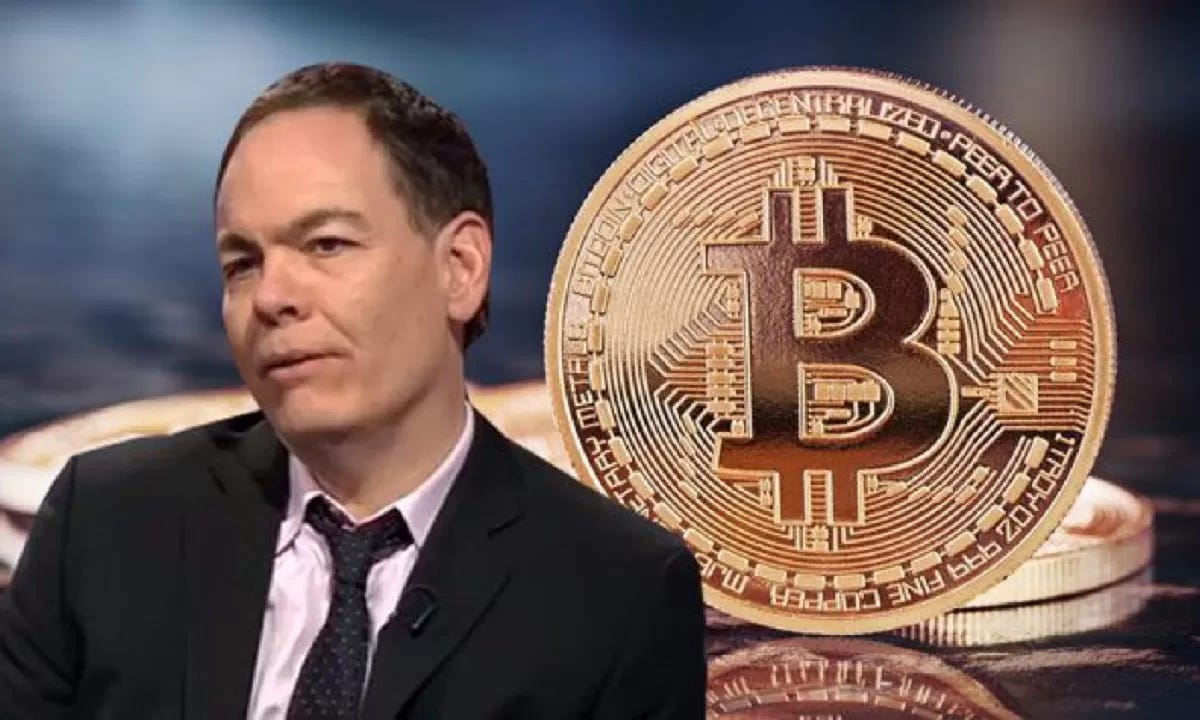YouTube Deletes 'The Keiser Report'
How YouTube's Controversial Removal of 13 Years of 'Keiser Report' Content Impacts Bitcoin Advocacy and Raises Concerns About Media Censorship
In the world of Bitcoin, Max Keiser stands as a pioneering figure, a relentless advocate for Bitcoin, and the host of the "Keiser Report." Back in 2011, when Bitcoin was trading at just a dollar, Keiser recognized its revolutionary potential and took to the airwaves, creating the first show to cover the digital currency. Over the course of 13 years, "Keiser Report" became a beacon of critical analysis, providing viewers with insightful and often uncomfortable truths about the global economy and the banking system. However, in a shocking turn of events, YouTube recently deleted 1800 episodes of the show, spanning more than a decade of work. This act has not only silenced a significant voice in the world of Bitcoin but also raised concerns about freedom of expression and the evolving landscape of media censorship.
The Genesis of Keiser Report
Max Keiser, a former Wall Street trader and an outspoken critic of the financial establishment, recognized the transformative potential of Bitcoin when it was still in its infancy. In 2011, he launched the "Keiser Report," a financial news program that sought to expose the cracks in the global economy. Keiser and his co-host, Stacy Herbert, delved into inconvenient truths and deep-rooted corruption within the U.S. economy and the banking system. Their fearless reporting didn't shy away from exposing the flaws and vulnerabilities of the traditional financial world.
The Bitcoin Visionary
Keiser's foresight in recognizing Bitcoin's potential as a disruptive force in finance was nothing short of visionary. At a time when most mainstream media outlets ignored or dismissed Bitcoin, "Keiser Report" was a beacon of information for early adopters and those curious about the digital currency revolution. Keiser's passionate advocacy for Bitcoin and his ability to explain its complexities in simple terms helped educate countless viewers about the benefits of a decentralized financial system.
Critical Analysis and Inconvenient Truths
"Keiser Report" was not just about promoting Bitcoin; it was a platform for critical analysis and discussions about the global economy. The show tackled issues like central bank manipulation, financial crises, and government corruption head-on. It challenged the status quo and questioned the actions of powerful institutions. For many viewers, "Keiser Report" was a refreshing alternative to mainstream financial news, which often seemed more interested in promoting the interests of the elite rather than serving the public.
YouTube's Controversial Decision
In a controversial move that has sparked outrage among supporters of free speech and independent media, YouTube decided to remove 1800 episodes of "Keiser Report" from its platform. The reason given was that the show was associated with Russia Today (RT), a state-funded Russian news network. This decision has raised concerns about censorship and the influence of big tech companies in shaping public discourse.
McCarthyism 2.0?
Max Keiser has been vocal about his belief that YouTube's action amounts to a form of McCarthyism 2.0. He sees it as an attempt to stifle dissenting voices and alternative viewpoints. Keiser argues that the deletion of "Keiser Report" leaves an indelible stain on America's commitment to freedom of expression and a free press. The move has also sparked discussions about the power that social media platforms wield in shaping public opinion and suppressing dissent.
Conclusion
Max Keiser's "Keiser Report" played a pivotal role in popularizing Bitcoin and providing critical analysis of the global economy. Its deletion from YouTube is a significant loss for those who value independent media and free speech. The episode raises important questions about the role of tech giants in controlling information and the need to protect freedom of expression, even when the views expressed are uncomfortable or inconvenient. Max Keiser's journey as a Bitcoin pioneer and a fearless critic of the financial establishment serves as a reminder that the fight for truth and transparency in finance and media is an ongoing struggle.




